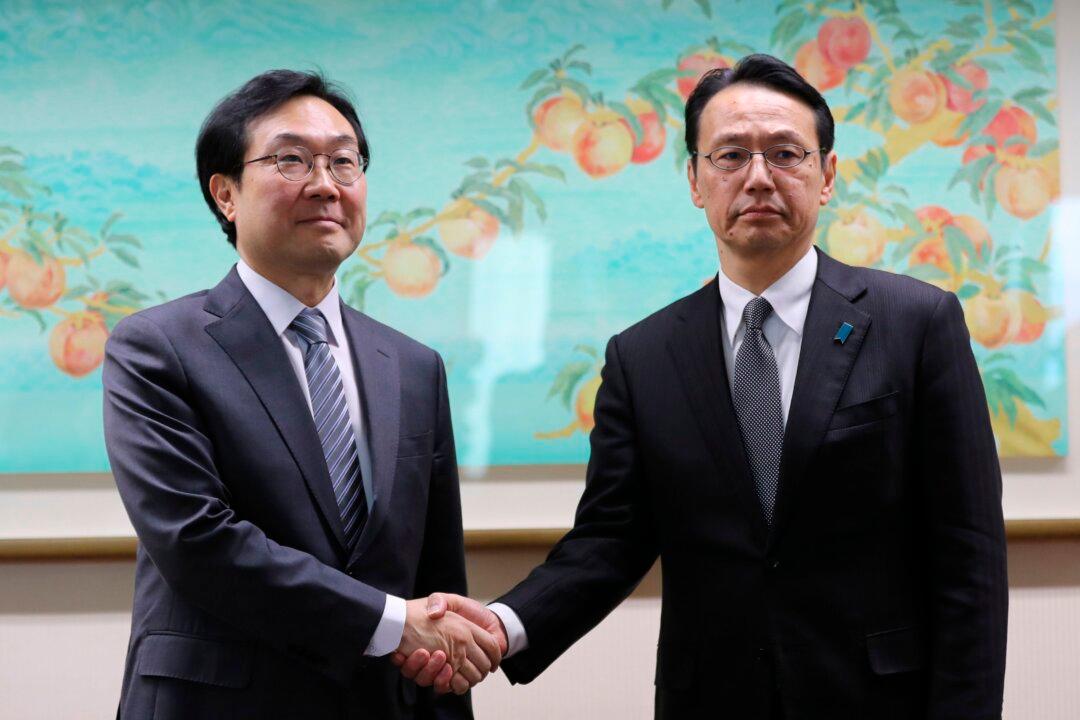In a strategic response to the unabated Russia–Ukraine conflict and rising tensions in the Middle East, Japan has initiated a significant diplomatic reshuffle aimed at bolstering national security. It comes at a time when the Chinese Communist Party (CCP) is perceived to be forging a concerning alliance with Russia, Iran, and North Korea.
On Oct. 24, in a decisive cabinet meeting, the Japanese government enacted the replacement of 18 ambassadors, targeting key nations such as the United States, China, Russia, Iran, the European Union, and the United Nations. In a notable shift from tradition, the new ambassador to China is not a member of the “China School,” which typically favors individuals with a sympathetic stance toward the communist regime. Instead, Japan has appointed an envoy recognized for his Korean affairs acumen, signaling a purposeful strategic decision.





